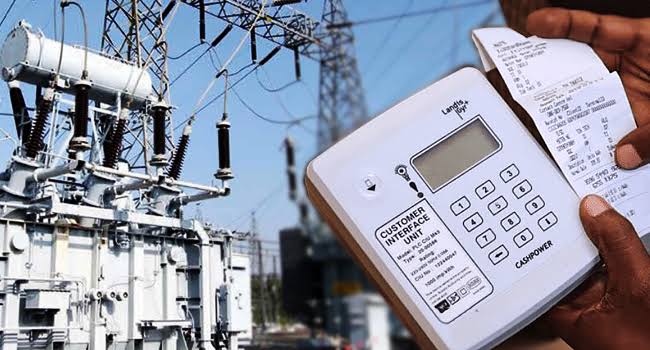
The Federal Government, through the Nigerian Electricity Regulatory Commission (NERC), has disclosed plans to spend approximately N2.4 trillion on electricity subsidies by the end of the year. NERC’s Commissioner of Planning, Research, and Strategy, Dr. Yusuf Ali, made this announcement during the PwC Annual Power and Utilities Roundtable in Lagos on Thursday, themed “Reigniting Hope in Nigeria’s Electric Power Sector.”
Dr. Ali explained that the subsidy figure, which stood at N1.9 trillion as of November, is expected to rise further due to foreign exchange fluctuations and tariff adjustments. “With current trends, the monthly subsidy for electricity is expected to reach N260 billion in December,” he noted, adding that the annual estimate could adjust depending on actual consumption and cost-benefit tariff calculations.
He stated that the government calculates the difference between the cost-reflective tariff and the approved tariff each month to determine the subsidy. A final figure will be determined at year-end based on these trends.
The Minister of Power, Adebayo Adelabu, represented at the event by Chief Technical Adviser Adedayo Olowoniyi, revealed plans to address critical challenges in the power sector through a draft Integrated National Electricity Policy. Developed in collaboration with PricewaterhouseCoopers (PwC), the policy aims to guide the sector’s strategic implementation and address inefficiencies.
Adelabu stressed the importance of cost-reflective tariffs to attract necessary investments. “We cannot avoid the reality that a market without a clear return on investment will fail to attract investors,” he said, while acknowledging public reluctance to embrace higher tariffs.
The minister highlighted ongoing reforms under the Renewed Hope Agenda, including implementing the Electricity Act of 2023 and the Presidential Power Initiative in partnership with Siemens. Efforts to improve infrastructure include building substations and upgrading transmission and distribution networks.
Adelabu acknowledged significant challenges, including vandalism, ageing infrastructure, and inefficiencies in the electricity value chain. The Transmission Company of Nigeria (TCN), he revealed, spent nearly N10 billion within six months repairing vandalized towers.
“Frequent grid disturbances caused by capacity inadequacies and consistent vandalism continue to impact the sector negatively,” he said. However, he noted that initiatives like the Integrated National Electricity Policy aim to foster market discipline, improve energy delivery efficiency, and ensure subsidies target the most vulnerable.
Adelabu called for collective responsibility among stakeholders, stating, “Hope is not passive. It requires action from all of us to achieve a sustainable, reliable power sector.”
The government’s ambitious plans to address Nigeria’s electricity challenges highlight the importance of collaboration, policy reform, and infrastructure development. However, experts argue that balancing cost-reflective tariffs with consumer affordability and addressing systemic inefficiencies remain crucial to achieving 24-hour electricity access and sector sustainability.
